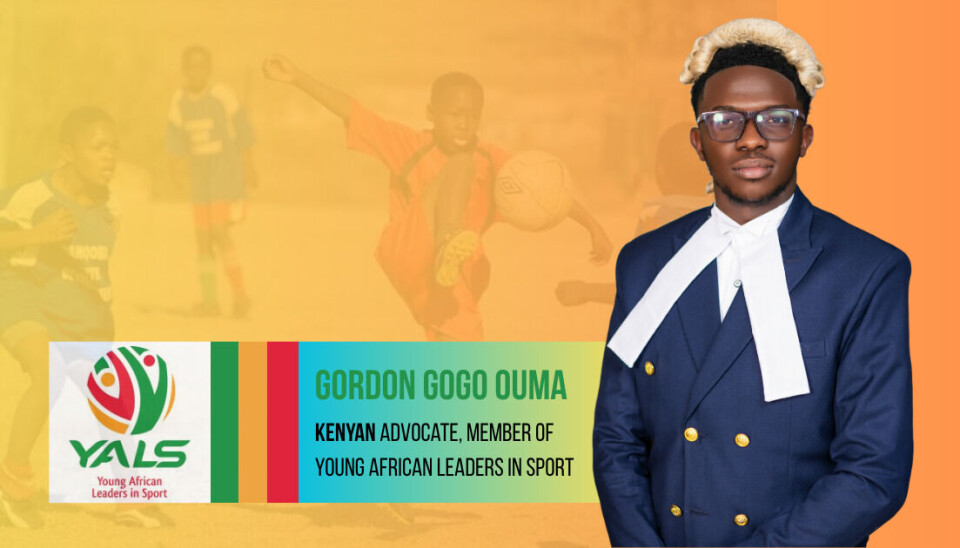Europe remains the dream destination for most of these young footballers. With the onset of the European summer transfer window, a familiar and troubling cycle begins. Scouts descend on African soil, agents mobilize quickly, and young players (minors) board international flights, often with unclear legal status and limited understanding of the contracts they've signed. Some are fortunate enough to land professional deals. Many others return home disillusioned, having abandoned school and family for a promise that was never fulfilled.
This harsh reality is underpinned by systemic legal ambiguity. One might ask: aren't these young athletes supposed to be protected within the confines of private academies? Unfortunately, most operate in regulatory grey zones.
Some academies are registered as businesses, others as NGOs or informal training centers. A significant number avoid registration altogether. The FIFA Regulations on the Status and Transfer of Players (RSTP), particularly Articles 19 and 19bis, seek to protect minors by limiting international transfers. But enforcement is left to national federations, which differ widely in resources and willpower.
The 2017 Ndoro v. South African Football Association (SAFA) case illuminated the complex legal terrain surrounding player registrations, highlighting broader dysfunction across African football governance. Similarly, Football Legal (Issue 35, 2022) has detailed how inconsistent licensing and monitoring leave gaps in child protection and financial transparency.
During transfer periods, private academies often act as unofficial intermediaries organizing trials, brokering transfers, and sometimes collecting fees from foreign clubs or families. While some institutions operate with integrity, others fall dangerously short of minimum child welfare standards. Players are housed in overcrowded dormitories, train without medical coverage, and sign exploitative or unenforceable contracts. In extreme cases, these arrangements border on child trafficking under the guise of opportunity.
Reforming the Talent Pipeline
If Africa is to truly harness its footballing potential, reform must begin now. The talent pipeline cannot be built on ambiguity and exploitation.
A concerted cross-jurisdictional collaboration between African football federations, FIFA, and the Confederation of African Football (CAF) is critical to dismantle the current system and rebuild it with accountability and justice at its core.
Change can begin across four key areas.
Athlete Rights and Contracts: standardised contracts must outline the obligations and rights of both academies and players. These should include educational guarantees, medical insurance, and transparent exit clauses.
Cross-Border Regulation: the enforcement of FIFA’s rules regarding minor transfers must be strengthened. No player should cross borders without legal guardianship, federation approval, and clear educational safeguards.
Legal and Advocacy Protections: football federations, civil society, and sports advocacy groups must invest in grassroots education - ensuring families understand their children's rights before signing any agreements.
Football remains Africa’s great hope but hope without structure invites exploitation.
The reality is that many private academies intentionally avoid legal compliance. This grey area allows them to serve as enablers of child trafficking masked as talent development. My work as a sports lawyer and developing my safeguarding app, Mchezaji, is dedicated to protecting these young athletes.
Private football academies are undeniably shaping Africa’s football future. The challenge now is to ensure they operate not in the shadows of legality, but in the light of transparency, ethics, and accountability.
Only then can we say we are truly nurturing Africa’s next generation of stars.
Gordon Gogo Ouma, ACIArB is an Advocate in Kenya who advises clients on litigation matters, sports business, athlete management, implementing AI strategies, and governance.

